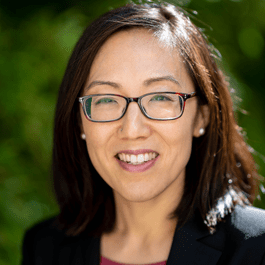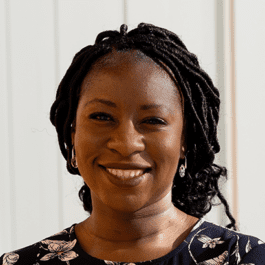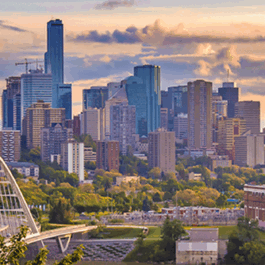
The impact of the COVID-19 pandemic on urban planning

By Jordi Honey-Rosés, former Associate Professor in the School of Community and Regional Planning, Director of the Water Planning Lab and former instructor in the MEL in Urban Systems
The COVID-19 global pandemic has brought renewed attention to our cities in general and our neighbourhoods in particular, encouraging urban planners and others to think in new ways about the factors that enhance a community’s safety, livability and sustainability.
Before the emergence of the global pandemic it was often politically difficult for local governments to advance good urban planning practices, such as encouraging more walkable cities, adding green space and removing privileges for private vehicles.
Urban planning concepts in support of sustainability
As people were in enforced lockdowns with restricted mobility, urban planning concepts like the 15-minute city came to the fore, with more people becoming intrigued by the promise of a more local and slow pace of life where you can go to school, work and shop within a 15-minute walk or cycle from your home. Over the past years, we saw many cities implementing policies in support of sustainability and strengthening local neighbourhoods.
Paris is a leading example of this – restricting vehicle access in the city centre, adding bike lanes and creating more green spaces.
Other examples include Bogotá, which this year added over 130 kilometres of bike lanes, and Barcelona, which announced an initiative to create a network of green streets and bring speed limits down to 30 kilometres an hour. Here in Vancouver, we’ve seen street calming, temporary bike lanes and sidewalk extensions.
These practices and ideas aren’t new, and many planners, especially feminist scholars, have been advancing these ideas for years.
It is just now with the confluence of concerns over COVID-19 and the climate crisis that these ideas have moved into the mainstream.
Holistic thinking to guide urban planning initiatives
What these urban planning initiatives remind us is that we must think holistically about our decisions and actions.
One of the courses I teach in UBC’s Master of Engineering Leadership (MEL) in Urban Systems is Urban Systems and Society, which is a foundational course in the program.
Through case studies and discussion, students explore issues of equity, of who is being impacted by decisions. They look at race and gender within cities. They explore the environmental impacts of large dam projects or tensions between the goals of renewable energy and biodiversity. We also talk about the issues of regulation and pricing of water and energy services.
The class uses a case study approach based on real-world examples, and the learning happens both from the case studies and from the cohort of students themselves.
Students in the MEL in Urban Systems come from many different disciplines, and as they work together, they come to appreciate the different perspectives and knowledge of their peers.
The way a civil engineer approaches a question about managing a subway system can be quite different from the approach of an architect or urban planner.
Urban planners equipped to lead innovation in the field
The learning environment within this class and the program encourages students to question their own biases and to develop frameworks for decision-making, particularly in those cases where you have limited information or data on which to base your decision.
The net result is that students gain the knowledge, confidence and vocabulary to think about urban planning issues in depth.
Our students graduate with the ability to think beyond their own discipline, enabling them to be more confident taking leadership roles in organizations and balancing different perspectives and priorities as they work to create more environmentally sustainable, just and equitable cities.
Discover how this unique interdisciplinary degree program is enabling our graduates to move into new industries, take on positions of increased responsibility and confidently lead teams and complex projects.
Urban Systems
Featured Faculty and Staff

Dr. Amy Kim
Join us for an
Info Session
Sign up for our latest online information sessions and discover what our programs have to offer.
Sign Up NowFeatured Alumni

Daphne Mazarura
For Daphne Mazarura, the MEL in Urban Systems has expanded her education and professional experience in planning, giving her the technical knowledge to implement sustainable solutions in urban infrastructure projects.


